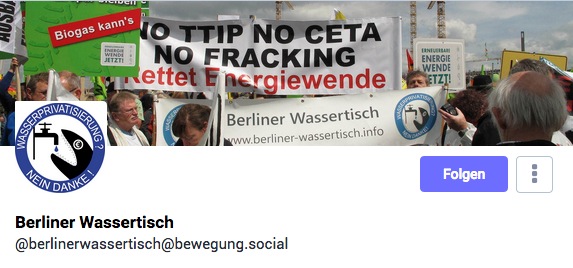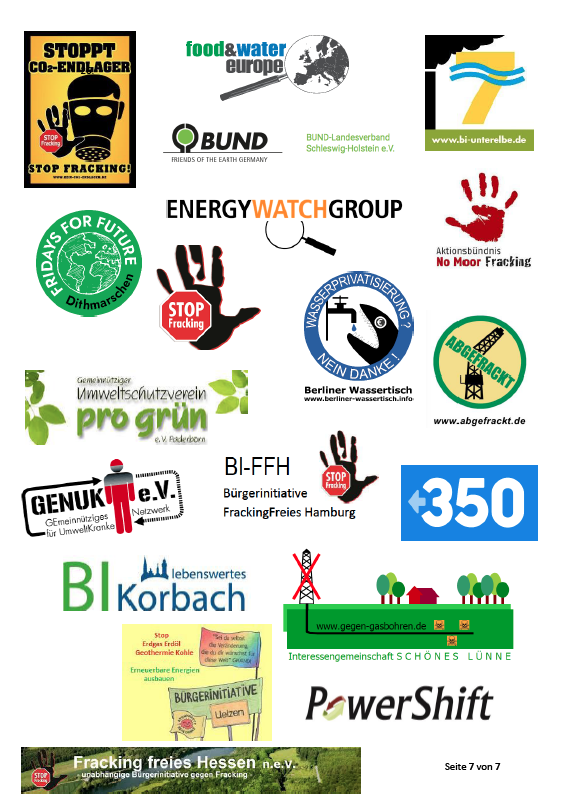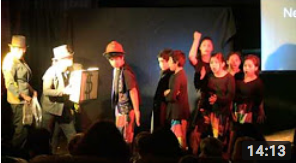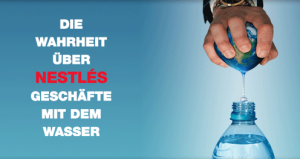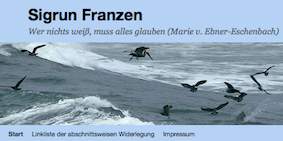Privatsphäre stärkt, Überwachung schwächt! #StopScanningMe

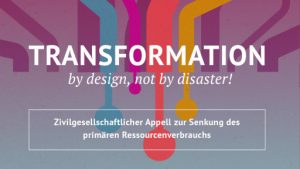
Suche

Schiefergas-Fracking in Deutschland?
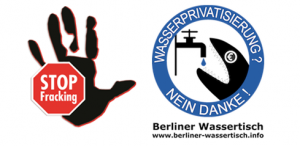
#StopEUMercosur Erklärung
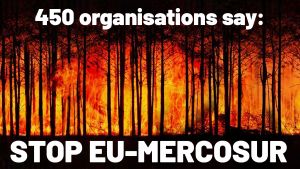
Aktion Greenpeace: #StopEUMercosur
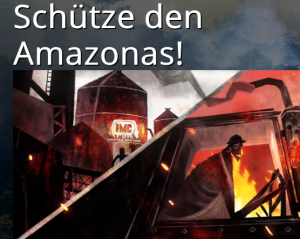
#SaveTheOkavangoDelta
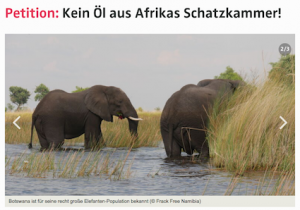
Erfolgreich! Über 1 Million Unterschriften „Green Deal“ – Europäische Bürgerinitiative (EBI)
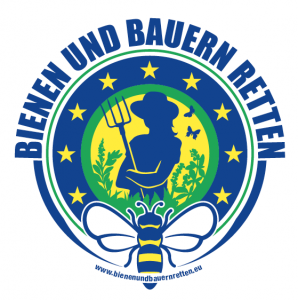
Stop Energiecharta. #NoECT. Wir wollen raus aus dem Anti-Klimaschutz-Vertrag
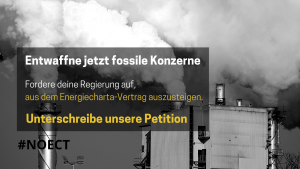
Europäische Bürgerinitiative gegen biometrische Massenüberwachung (17.2.2021-17.2.2022)
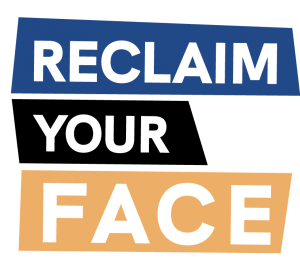
Lebensgefährliche Entwicklung: Gewinnorientierung im Krankenhaus
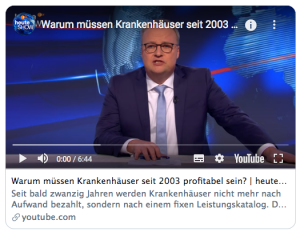
- Wassertisch-Plenum,
im NewYorck / Bethanien Mariannenplatz 2A
10997 Berlin Openstreetmap fällt coronabedingt aus Überblick (Messstellen: Oberflächengewässer und Grundwasser)

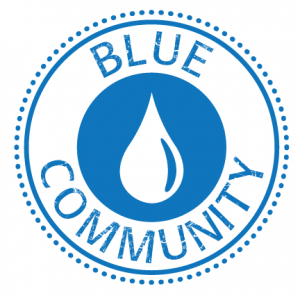
-
Letzte Beiträge
- AöW zum Weltwassertag 2023: Interkommunale Zusammenarbeit noch stärker ermöglichen
- Greenpeace: Fracking – eine unterirdisch schlechte Idee
- Bürgerinitiative gegen CO2-Endlager: Offener Brief an den Bundesminister für Wirtschaft und Klimaschutz Dr. Robert Habeck
- BUND gegen CCS-Endlager
- Jürgen Knirsch: CETA-Handelsabkommen: Eine trügerische Wette auf die Zukunft (Leserbrief an die SZ vom 8.12.2022)
- Neuere Materialien und Dokumente zur CETA-Debatte
- TAZ: Hamburger Abgeordneter über Olympia-Gedankenspiele: „Es kommt zu Vertreibungen“
- NDR: Bewirbt sich Hamburg noch einmal um Olympische Spiele?
- NGO-Bündnis fordert mit gemeinsamen Appell die Senkung des absoluten Ressourcenverbrauchs
- Allianz der öffentlichen Wasserwirtschaft warnt vor CETA: Mit dem jetzigen CETA-Text wird der Schutz der öffentlichen Wasserwirtschaft vor einer Kommerzialisierung weiter geschwächt
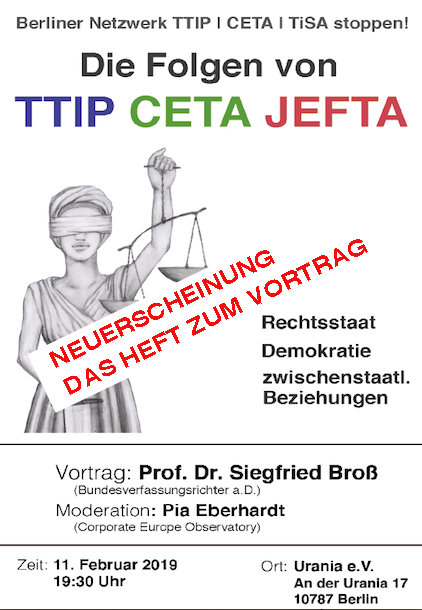
Delius-Klage
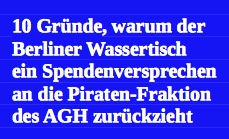
Keine Steuergelder für LNG-Fracking-Gas Terminals in Deutschland!
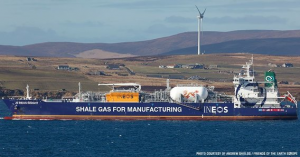
RSS-Feeds
Schlagwort-Archive: Papst
Papst spricht sich für das Menschenrecht Wasser und gegen die Privatisierung der Wasserversorgung aus
19.06.2015
Pope Francis underscores the human right to water, objects to water privatization in encyclical
Pope Francis underscored the importance of the human right to water and objected to privatization of water services in his highly anticipated Encyclical Letter “Laudato Si’” On Care for our Common Home released yesterday.
In a section entitled “The Issue of Water,” the leader of the Catholic Church wrote:
“Even as the quality of available water is constantly diminishing, in some places there is a growing tendency, despite its scarcity, to privatize this resource, turning it into a commodity subject to the laws of the market. Yet access to safe drinkable water is a basic and universal human right, since it is essential to human survival and, as such, is a condition for the exercise of other human rights.”
This emphasis on the human right to water in the face of the impending global freshwater crisis is critical. A human rights-based approach calls for a hierarchy of water use that prioritizes resources for domestic consumption, sustainable food production, and environmental needs. In addition, it requires States to ensure universal enjoyment of public water and sanitation services. The realization of the human right to water and sanitation would be a concrete way for the world to pay what Pope Francis calls “a grave social debt towards the poor who lack access to drinking water, because they are denied the right to a life consistent with their inalienable dignity.”
The NGO Mining Working Group and Blue Planet Project celebrate the Pope’s insistence that water is a human right that should be respected, protected, and fulfilled by States; not commodified or privatized.
The Pope’s statement reflects civil society’s ongoing advocacy around the human right to water and sanitation in the Post-2015 Development Agenda processes. It also echoes our call for the exclusion of water and sanitation services from private sector participation and public-private partnerships (PPPs) in the delivery of the development agenda.
The Pope’s message offers a welcome boost to the work of MWG and the global water justice movement, which includes many faith based groups who will continue to demand that the human right to water and sanitation be named and included in the Post-2015 Development Agenda.
Analysis of these concerns and others pertaining to the Post-2015 Development Agenda are accompanied by suggested changes to the Zero Draft negotiating text in the NGO Mining Working Group’s response to the Zero Draft of the Post-2015 outcome document.
The NGO Mining Working Group (MWG) is a coalition of non-governmental organizations (NGOs) that, in partnership with our members and affected local communities, advocates at and through the United Nations for human and environmental rights as related to extractive industries.
For more information, visit miningwg.com and blueplanetproject.net. Direct email inquiries to miningworkinggroup@gmail.com.
Press release prepared by the NGO Mining Working Group and the Blue Planet Project of the Council of Canadians


 Pressemitteilungen
Pressemitteilungen